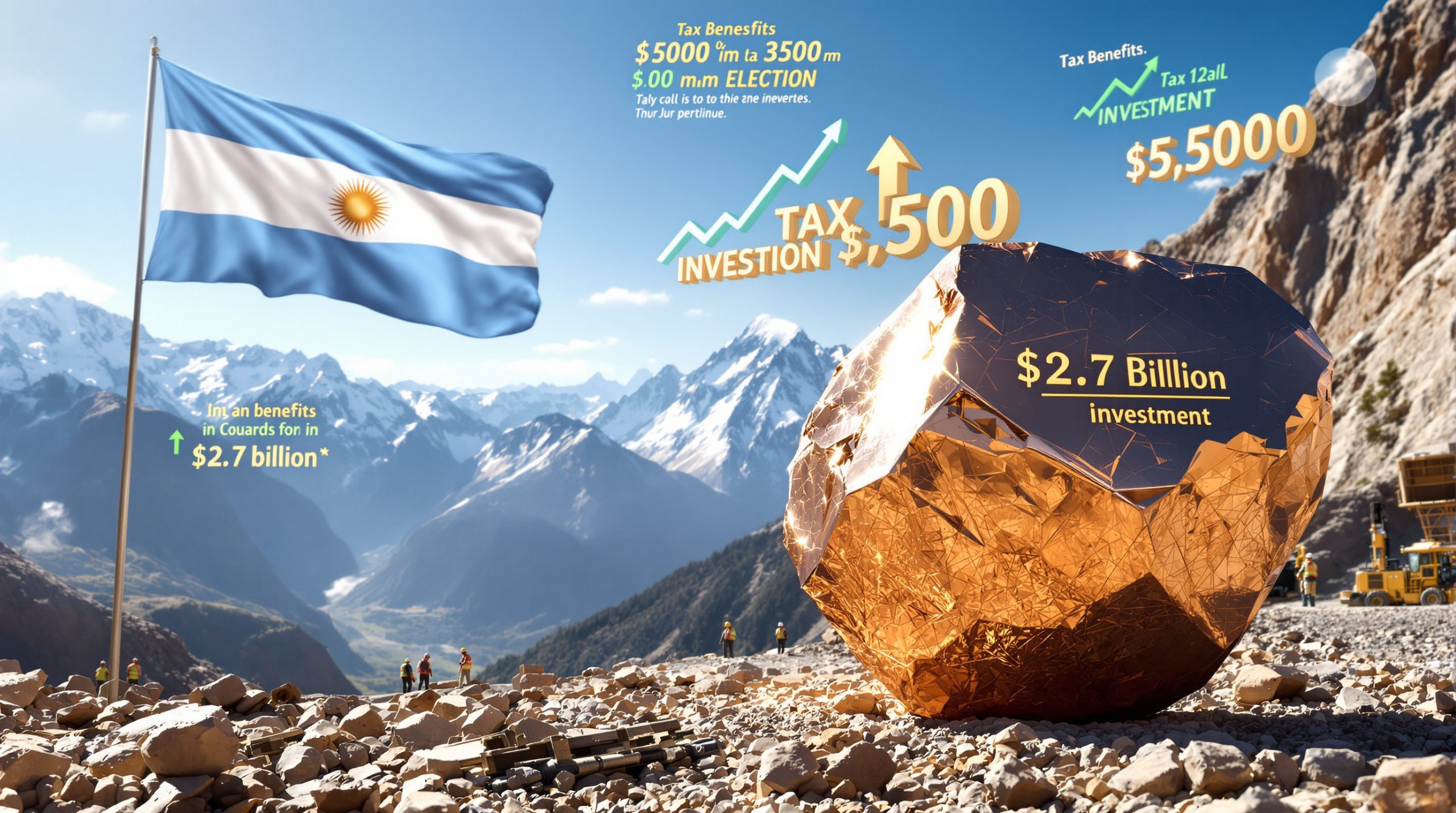What's Behind the Recent US-Venezuela Confrontation?
The Caribbean waters have become a theater of renewed tensions as American warships patrol while Venezuelan fighter jets conduct overhead surveillance. A dramatic escalation occurred on September 2, 2025, when U.S. military forces destroyed a vessel they claimed carried drug smugglers—though this assertion has since faced significant skepticism from multiple sources. This naval deployment highlights the increasingly volatile relationship between Washington and Caracas, which has experienced dramatic swings over the past two years.
The relationship timeline reveals a pattern of policy reversals: Chevron's comeback and the US-Venezuela conflict began when Chevron's operational license in Venezuela was completely revoked in May 2025, only to be partially reinstated by late July, followed by this recent military confrontation. These developments create significant uncertainty for energy markets and raise questions about the consistency of U.S. economic policy in the region.
How Does the "Cartel de los Soles" Narrative Shape US Policy?
The current confrontation stems largely from Washington's revival of allegations regarding the "Cartel de los Soles" (Cartel of the Suns)—a purported drug trafficking network that some U.S. officials claim is directed by Venezuelan President Nicolas Maduro himself. This narrative serves as the primary justification for the State Department's direct confrontational approach toward Venezuela.
Recent independent analysis has questioned the existence of this cartel as a centralized criminal enterprise. Digital media investigations suggest the term has gradually expanded in scope, with certain U.S. policymakers using this loosely defined concept to characterize Venezuela as a "narco-state"—a characterization that helps justify aggressive policy positions.
The policy direction appears heavily influenced by Secretary of State Marco Rubio, who has been instrumental in maintaining the cartel narrative as a central component of Venezuela policy. This stance persists despite the fact that Chevron continues operating in the country and supplying crucial heavy crude to U.S. Gulf Coast refineries.
Why Does Venezuelan Oil Matter to U.S. Energy Security?
Venezuela possesses approximately 303 billion barrels of proven oil reserves—the largest in the world according to international assessments. What makes these reserves particularly valuable to the United States is their composition: Venezuelan crude is exceptionally heavy, making it uniquely suitable for blending operations at specialized Gulf Coast refineries.
The significance of this supply relationship is evident in the numbers:
| Year | Venezuelan Oil Share of Gulf Coast Imports |
|---|---|
| 2024 | 13% |
| 2025 (Jan-May) | 11% (before license suspension) |
| 2025 (Jun-Jul) | 0% (during full suspension) |
| 2025 (Aug-present) | 7% (after partial reinstatement) |
When Chevron's license was suspended on May 27, 2025, Gulf Coast refiners were forced to seek alternative heavy crude sources from the Middle East and South America, often at premium prices due to longer shipping routes and tighter supply markets. These changes have significantly affected oil price movements across global markets.
How Has the Partial License Reinstatement Changed the Situation?
The July 30, 2025 partial reinstatement of Chevron's license created a unique arrangement that attempts to balance sanctions with pragmatic energy needs:
Key Terms of the Restricted License:
-
Chevron can resume production operations at its joint ventures with PDVSA
-
A percentage of production must be delivered to the Venezuelan government as payment-in-kind instead of cash royalties
-
Direct cash payments to Maduro's government remain prohibited
-
Exports must be directed primarily to U.S. refineries or approved third countries
-
Quarterly reporting to the U.S. Treasury Department is required
This compromise allows Venezuela to benefit indirectly by receiving oil it can sell on international markets, while maintaining the official U.S. position that sanctions remain in place against the Maduro regime. However, this arrangement remains contingent on the outcome of recent OPEC production discussions that could further complicate the global energy landscape.
What Are the Potential Consequences of Continued Escalation?
Any further military or diplomatic escalation between the U.S. and Venezuela threatens multiple aspects of energy security and market stability:
Immediate Market Risks:
-
Supply Disruption: A complete cutoff of Venezuelan crude would remove approximately 200,000 barrels per day from U.S. refineries under current restricted operations
-
Price Premiums: Gulf Coast refiners would face higher acquisition costs for replacement heavy crude from alternative sources
-
Refining Inefficiency: Many Gulf Coast facilities are specifically configured for Venezuelan-grade heavy crude, operating less efficiently with alternative feedstocks
-
Consumer Impact: Higher refining costs would likely translate to increased gasoline and diesel prices for American consumers
Longer-Term Strategic Concerns:
-
Market Share Loss: Continued restrictions could permanently redirect Venezuelan exports to China and other Asian markets
-
Refinery Reconfiguration Costs: U.S. refiners might need to invest billions in facility modifications to process different crude types
-
Regional Influence: Reduced U.S. economic engagement creates opportunities for expanded Chinese and Russian influence in Venezuela's energy sector
How Does This Conflict Affect Regional Energy Disputes?
The U.S.-Venezuela confrontation has implications beyond bilateral relations, particularly regarding the Guyana-Venezuela territorial dispute. ExxonMobil has invested heavily in Guyana's Stabroek block, which contains approximately 11 billion barrels of recoverable reserves in waters that Venezuela continues to claim.
The confrontational approach toward Venezuela strengthens Guyana's position by maintaining U.S. support, but also risks further escalation of this territorial dispute. Any warming of U.S.-Venezuela relations could potentially open the door to territorial negotiations that might complicate Guyana's and ExxonMobil's development plans. According to a recent analysis by Energy Now, these territorial disputes could further destabilize regional energy markets.
What Would a Pragmatic Policy Approach Look Like?
A more balanced policy approach would recognize several realities:
-
Energy Interdependence: Despite political differences, the U.S. and Venezuela remain connected through specialized refining infrastructure and crude compatibility
-
Regional Drug Trafficking: Resources might be more effectively directed toward proven centers of drug production and trafficking in Mexico and Colombia
-
International Commitments: Upholding international law on counter-narcotics while pursuing diplomatic engagement would better serve regional stability
-
Energy Security: Securing reliable heavy crude supplies for U.S. refineries supports domestic fuel price stability and economic growth
By separating energy policy from broader political disputes, both countries could potentially establish a more stable relationship that serves their mutual economic interests while addressing legitimate security concerns through appropriate diplomatic and law enforcement channels. The global trade impact of these decisions extends far beyond the two countries directly involved.
What's Next for Chevron's Operations in Venezuela?
Chevron's position remains precarious as it navigates between U.S. policy restrictions and operational realities in Venezuela. The company must balance several competing priorities:
-
Debt Recovery: Continuing operations helps Chevron recover approximately $3 billion in outstanding receivables from its Venezuelan joint ventures
-
Asset Preservation: Maintaining a presence protects billions in infrastructure investments from deterioration or potential nationalization
-
Market Position: Staying engaged prevents complete displacement by Chinese, Russian, and Iranian oil companies
-
Compliance Risk: Operating under a restricted license requires careful navigation of complex sanctions regulations
Industry analysts expect Chevron to maintain cautious operations while gradually increasing production if political tensions subside. However, the company faces significant uncertainty with each policy shift and military deployment. These conditions have contributed to widespread oil market stagnation that could persist without policy clarity.
Conclusion: Finding a Sustainable Path Forward
The current confrontational approach creates a lose-lose scenario for energy markets, U.S. consumers, and regional stability. A more pragmatic policy would recognize the specialized nature of Venezuela's heavy crude resources and their importance to U.S. refining infrastructure while addressing legitimate security concerns through appropriate diplomatic and law enforcement channels.
By separating energy cooperation from broader political disputes, both countries could establish a more stable relationship that serves their economic interests while reducing regional tensions. According to Bloomberg's recent analysis, Chevron's comeback and the US-Venezuela conflict resolution would better protect U.S. energy security, support stable fuel prices for American consumers, and potentially create space for addressing broader political differences through diplomatic means rather than military confrontation.
Looking for Instant Updates on Oil Market Developments?
Discovery Alert's proprietary Discovery IQ model delivers real-time alerts on significant ASX resource announcements, helping investors capitalise on emerging opportunities in volatile energy markets before the broader market catches on. Explore how historic discoveries can generate substantial returns by visiting the Discovery Alert discoveries page and begin your 30-day free trial today.




